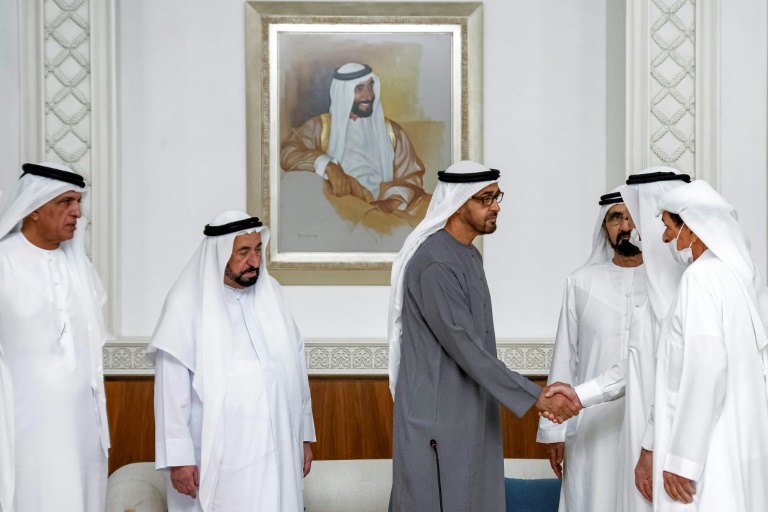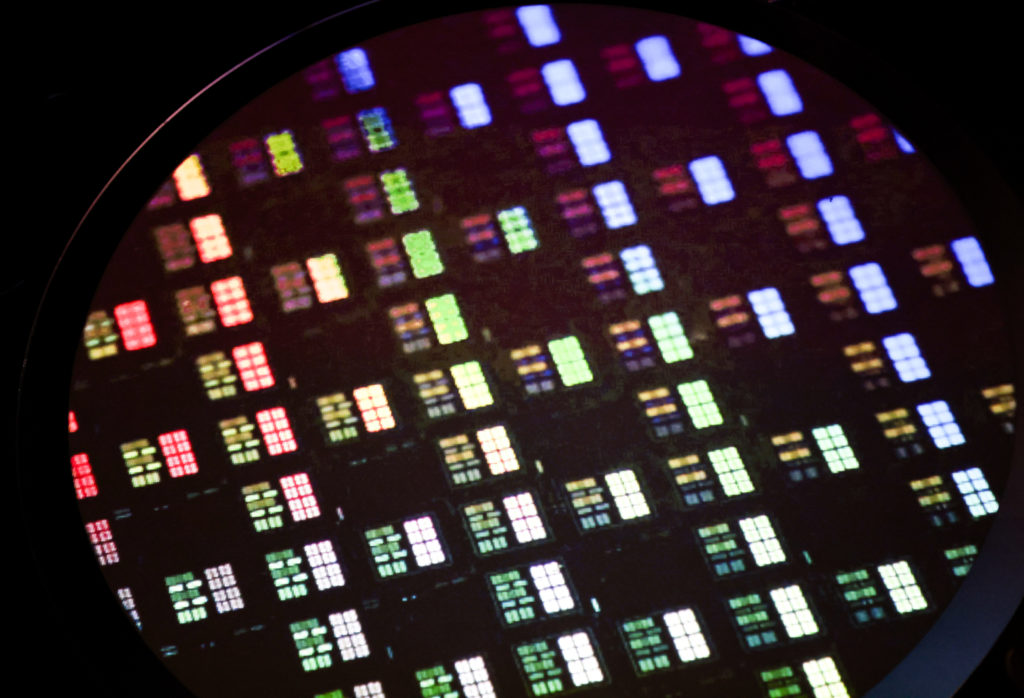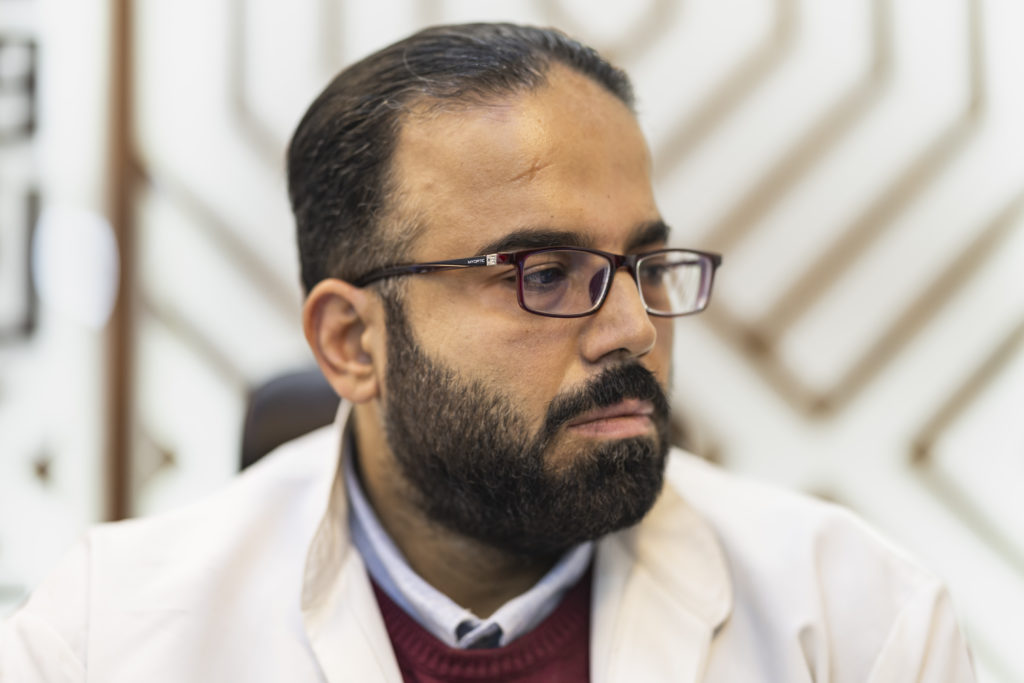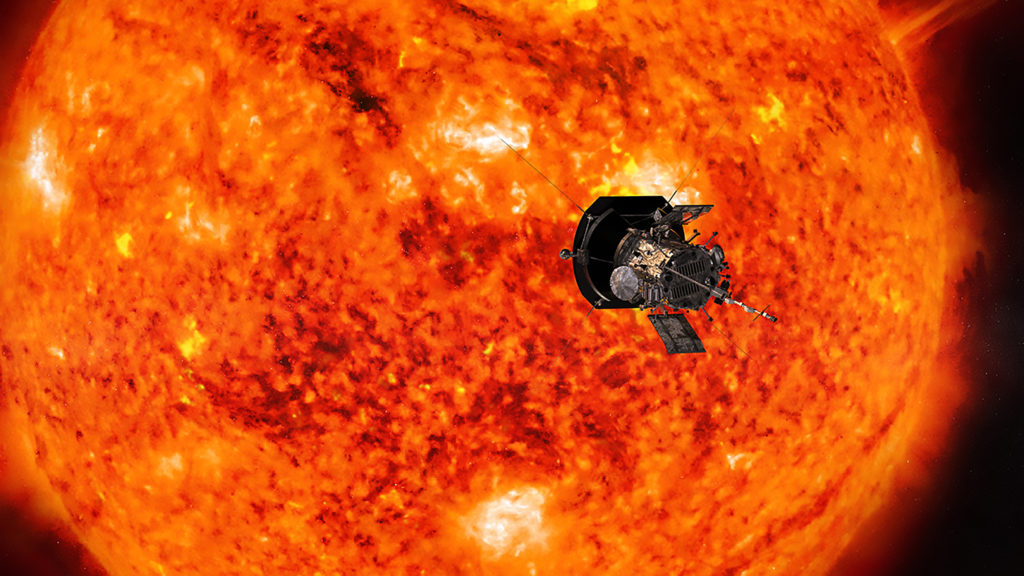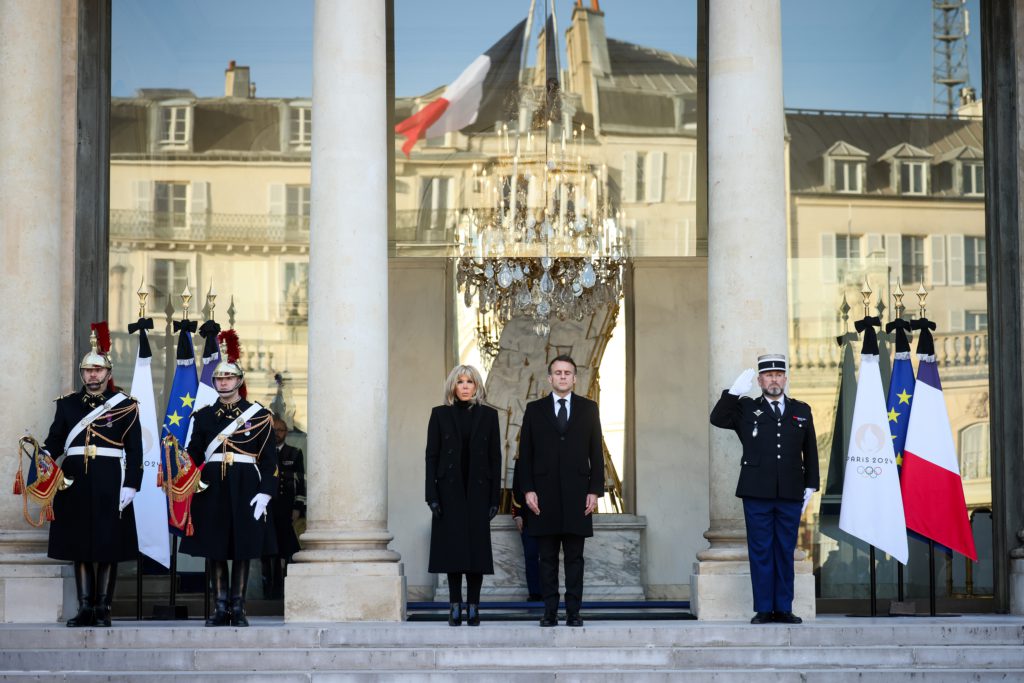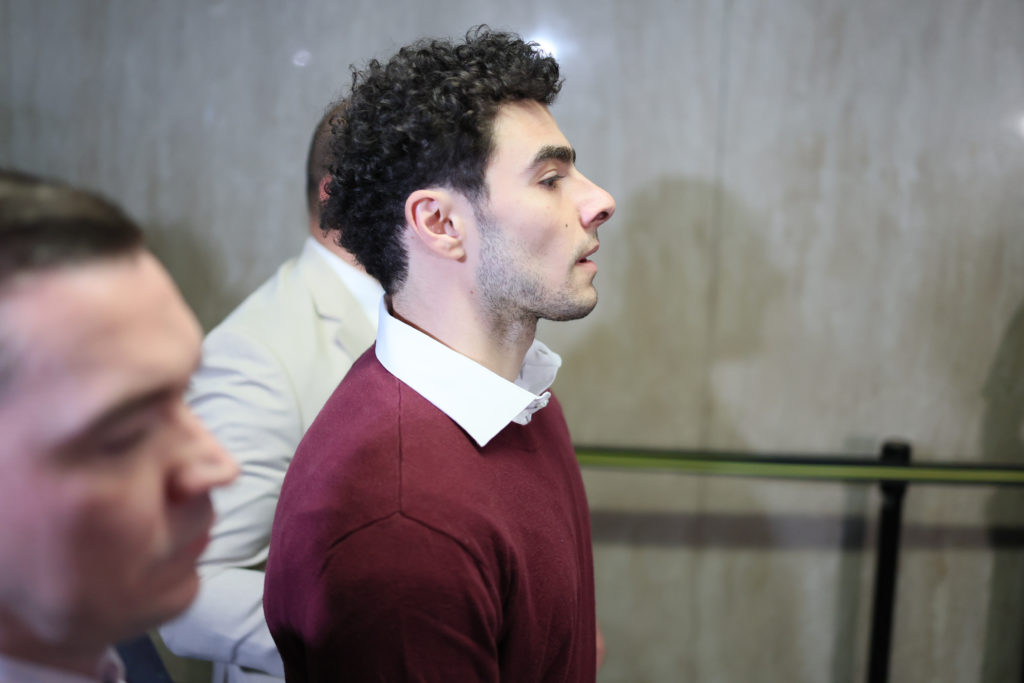The UAE’s long-time de facto ruler Sheikh Mohamed bin Zayed Al Nahyan was named as president on Saturday, confirming his rise to power a day after the death of former leader Sheikh Khalifa.
The 61-year-old, who has run the oil-rich Gulf state from behind the scenes since his half-brother was sidelined by ill health in 2014, was “unanimously elected” by rulers of the country’s seven emirates, the official WAM news agency said.
His ascension was widely expected. It came after he led funeral prayers and helped carry the body of Sheikh Khalifa, 73, who was buried at Abu Dhabi’s Al Bateen cemetery after a simple ceremony on Friday.
Sheikh Mohamed now takes formal control of the desert country of 10 million — most of them expatriates — whose profile has been steadily rising.
He also succeeded Sheikh Khalifa as ruler of Abu Dhabi, which sits on 90 percent of the United Arab Emirates’ oil wealth.
US President Joe Biden congratulated his “long-time friend” and Russian President Vladimir Putin also welcomed his appointment. Syrian leader Bashar al-Assad, who visited the UAE in March, sent a gushing tribute.
Under the low-key direction of Sheikh Mohamed, the third son of founding president Sheikh Zayed bin Sultan Al Nahyan, the UAE has put a man into space, sent a probe to Mars and opened its first nuclear reactor, while using its oil-funded clout to develop a more assertive foreign policy.
Closely allied with Saudi Arabia, it has emerged as a leader of a reshaped Middle East since the retreat of traditional Arab powers and the reduced involvement of the United States, forging ties with Israel and joining a Saudi-led war against Iran-backed militants in Yemen.
– ‘Running the show’ –
As Sheikh Mohamed took office, flags were at half-mast around the UAE and businesses and government offices closed for three days as the country enters a 40-day period of mourning for Sheikh Khalifa, who had ruled since 2004.
Images of the late sheikh stared down from billboards and road signs on major highways. His death drew condolences from Biden, Britain’s Queen Elizabeth, Israel’s Prime Minister Naftali Bennett and Iran, demonstrating the UAE’s diverse allegiances.
France’s President Emmanuel Macron is to travel to Abu Dhabi on Sunday to pay tribute to the late Emirati leader and show support for the new president, his office announced.
Egyptian President Abdel Fattah al-Sisi is also headed to the UAE, along with Sudan’s de facto leader Abdel Fattah al-Burhan.
Neighbouring Saudi Arabia has put sports and entertainments on hold and several countries have announced periods of mourning.
Sheikh Mohamed, who is often known as “MBZ” and was named crown prince of Abu Dhabi in November 2004, has also been serving as deputy commander of the armed forces and chairman of the Executive Council of Abu Dhabi, which controls the emirate’s substantial finances.
The UAE, a former British protectorate, has gone from desert outpost to booming state in its short history, fuelled by its oil wealth and Dubai’s rise as a trading and financial centre.
Sheikh Mohamed took a leading role after Sheikh Khalifa retreated from public view in 2014, when he had surgery after a stroke. The cause of his death was not announced.
The new president is likely to face greater competition to UAE’s status as the regional financial hub, particularly from Saudi Arabia, and may toughen its stance on Iran, analysts say.
But “functionally it changes little; MBZ has been running the show almost from the get-go”, tweeted Ryan Bohl, a Middle East analyst at Stratfor Worldview.

